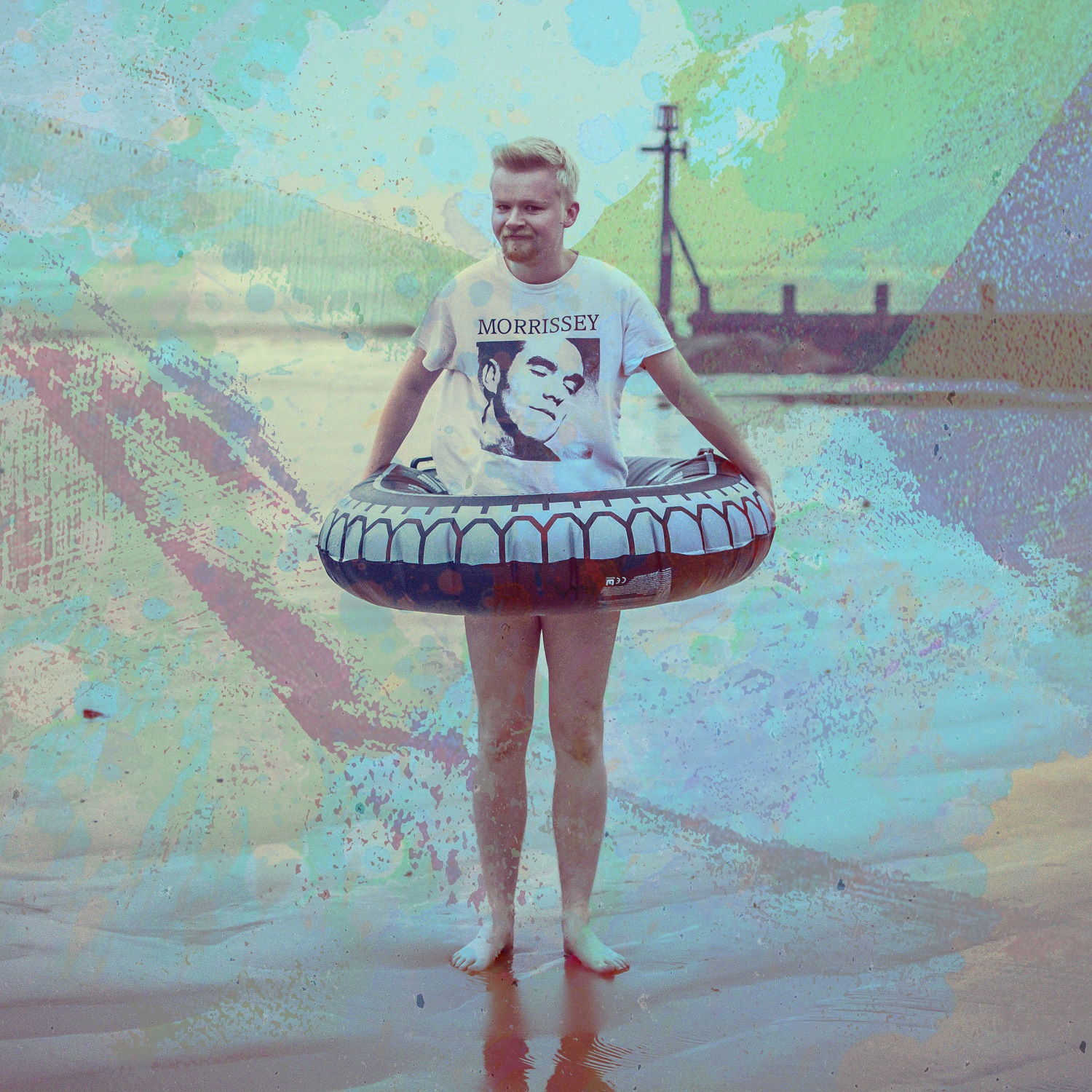‘Being gay in rural Norfolk is tough, but I wouldn’t change it for the city gay scene’
The country is more welcoming than the gay scene, says James McDermott
By Steve Brown

As a gay man living in rural Norfolk, I’m not a happy camper as the only places to ‘explore’ are rock pools and I can’t get on to Grindr as there’s no 4G by the coast.
If I do manage to get on to Grindr on the precarious wi-fi, I just see the same old faces. Literally. Grindr in Norfolk looks like the green room for the cast of Last of The Summer Wine.
The only clubs by the coast are croquet, rummy and lindy hop so my gay friends and I have to head to Norwich for a night out. From our coastal home to Norwich’s club land it’s a £13 cab ride to the next town Sheringham to catch a £10 hour-long train journey to the city.
This is a journey we have to do before 7pm as that’s when the last train out of town leaves. When we get to Norwich at eight o’clock, my friends and I end up spending another £30-odd quid in Spoons on supper, cider and shots when we wait for the city’s two gay clubs to open at midnight.
By the time the clubs finally open, we’re too drunk on cider and too full on supper to dance. So we shell out another £40 for a cab back to the coast. A night out costs us over £80 and the only action we’ve seen is when we had to run from the late cab to make the last train out of Sheringham.
But living as a gay man in rural Norfolk isn’t all bad news. As the only gay in the village, I feel a bit like a celebrity; everyone knows me, everyone knows I’m gay and everyone’s lovely about it.

I haven’t moved away from Norfolk for the gay scene in the city as my rural community makes me feel welcome and individual whereas on the gay scene I often feel unwelcome as I’m not ‘conventionally attractive’ and I feel far from individual; I feel like just another one of thousands of gay men on the scene competing for attention and affection.
Whilst growing up as the only gay in the village made me feel lonely as I couldn’t talk to anyone about my experiences, it made me turn to books that talked to me about my experiences.
Reading introduced me to gay writers such as Armistead Maupin, Oscar Wilde, Tom Wells, Stephen Fry and Alan Bennett. These writers’ voices and characters kept me company when I was lonely, their stories helped me better understand my identity and their success showed me that gay men can do amazing things.
If I hadn’t grown up gay in a rural community I might never have needed to turn to books for guidance and so I might never have found writers, ideas and texts that shaped, saved and inspired me.
Growing up gay in rural Norfolk made me write as well as read. As a gay teenager living by the coast, I felt like a ghost no one believed in as rural LGBTQ stories were rarely represented.
So I started writing gay plays set in Norfolk to help myself and rural LGBTQ audiences feel less invisible and better understand our lives.
These plays have been staged at theatres across the country and include ‘Fast Food’ starring Jude Law (Lyric Gala 2017; Lyric Hammersmith), ‘Man Hug’ (Theatre Royal Bury St Edmunds) and my one-man play ‘Rubber Ring’ (Pleasance Islington; national tour) which I’m currently adapting for TV for Hat Trick Productions.
If I hadn’t grown up gay in Norfolk, maybe I’d never have started writing as I’d have had no reason to and nothing to write about and then maybe I wouldn’t have gone on to become a playwright.
Whilst growing up gay in rural Norfolk meant that I rarely got to pick up men, it made me pick up the pen and become a writer. Growing up gay in Norfolk was often lonely but living in Norfolk as a gay twenty-something, I feel more welcome, more accepted and more individual in my rural community than I do in the city and on the gay scene.
Words: James McDermott
